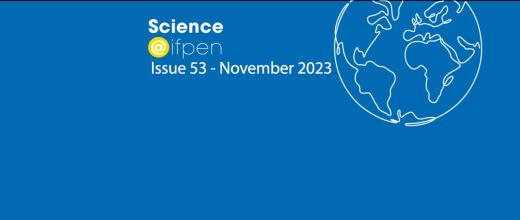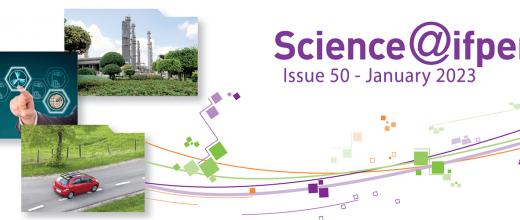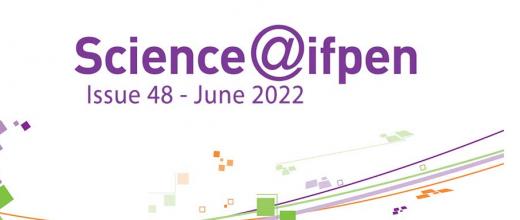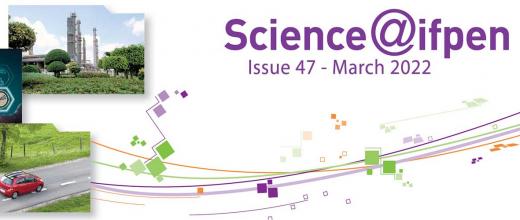Biomass conversion into chemical products and intermediates is increasingly being adopted to reduce the carbon footprint of the industry concerned. Among biomass-based resources, sugars are extremely attractive since they contain a lot of functional groups enabling their conversion to products of interest (alcohols, acids, etc.). For example, through fructose dehydration, it is possible to obtain 5-hydroxymethylfurfural (5-HMF), a molecule that can be used to produce polymers. Since the conversion of fructose to 5-HMF is catalyzed by Brønsted acids1, liquid acid catalysts in solution are currently used, but without the possibility of recycling this catalyst. The development of a solid acid catalyst is thus crucially important...









